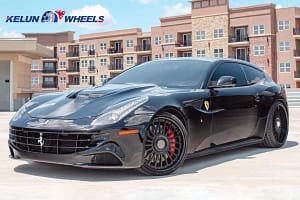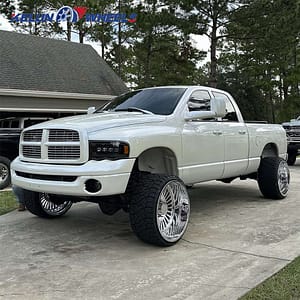Sample text

“The Hidden Barriers to Custom Wheels: A Comprehensive Analysis of Compliance and Safety”

Custom wheels are a popular aftermarket modification for vehicle enthusiasts, offering aesthetic appeal and performance enhancements. However, many consumers are unaware of the complex regulatory landscape and safety considerations that govern wheel modifications. This analysis explores the hidden barriers—legal compliance, safety standards, and liability concerns—that impact the custom wheel industry.
1. Regulatory Compliance: Navigating a Complex Landscape
A. Federal and Regional Regulations
- DOT (Department of Transportation) Standards (U.S.) – Wheels must meet Federal Motor Vehicle Safety Standards (FMVSS), particularly for load capacity and durability.
- TÜV Certification (Europe) – Strict testing requirements for aftermarket wheels, including material strength and impact resistance.
- ADR (Australian Design Rules) – Mandates compliance with safety and performance criteria before wheels can be legally fitted.
B. Vehicle-Specific Restrictions
- Some manufacturers void warranties if non-OEM wheels are installed.
- Insurance implications: Unapproved modifications may lead to claim denials in accidents.
2. Safety Concerns: Beyond Aesthetics
A. Structural Integrity Risks
- Poor-quality aftermarket wheels may crack or fail under stress.
- Incorrect sizing (offset, width, or diameter) can affect handling and braking.
B. Compatibility Issues
- TPMS (Tire Pressure Monitoring System) interference.
- Suspension and brake clearance problems.
3. Liability and Legal Risks
- Manufacturer Liability – Companies may face lawsuits if defective wheels cause accidents.
- Consumer Responsibility – Users risk fines or penalties for non-compliant modifications.
4. The Future of Custom Wheels: Balancing Innovation and Safety
- Advances in lightweight materials (e.g., forged aluminum, carbon fiber) may improve compliance.
- Increased standardization and certification programs could ease market entry for reputable brands.
Conclusion
While custom wheels offer personalization and performance benefits, hidden barriers—regulatory hurdles, safety risks, and liability concerns—pose significant challenges. Consumers and manufacturers must prioritize compliance and due diligence to ensure safe and legal modifications.









